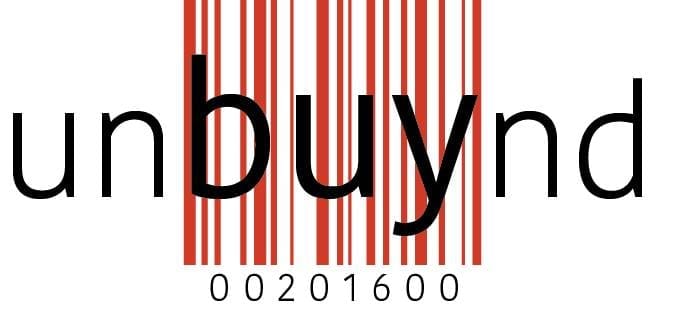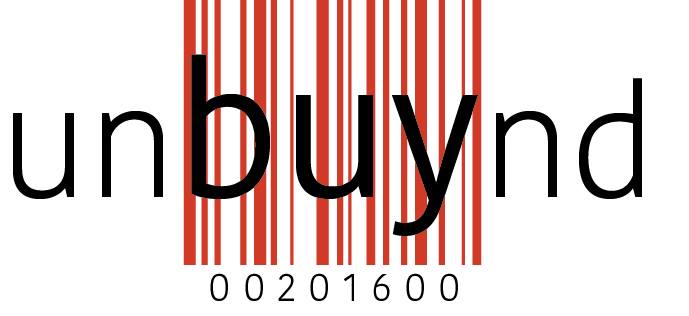
Student Group Drafts anti-Trafficking State Legislation in Rhode Island
In the first two months of 2017, the United States imported $139.2 billion in goods from countries with a high risk of using coerced and child labor. The terrifying reality is that we don’t know how much of that ends up in the hands of labor traffickers. Making sure that number is zero is surest way to end modern slavery for good. Without addressing the demand for goods produced with slave labor, any kind of international intervention will simply cause the factories to be moved to a different country, not shut down. It’s time to face the facts: we didn’t abolish slavery. We just exported it.

It’s been illegal to import goods produced using forced labor since the 1930s. Through legislatively mandated supply chain transparency, we intend to make sure that corporations finally have to follow this law.
The mechanism behind supply chain transparency is simple. People should be able to make choices about the kinds of businesses they want to support. Our legislation, the Rhode Island Transparency in Supply Chain Act protects people’s’ right to chose where they want to shop based on the way that corporations treat their workers. And it holds corporations accountable for lying to their customers and to regulators. People deserve access to information, and they deserve to be able trust that the information they’re getting is accurate. Our legislation will make it easier for the government to enforce a law that has been egregiously and publicly violated for almost eighty years.
Even though the vast majority of labor trafficking takes place beyond the jurisdiction of the United States government, this fact remains true: we can trace the money back to U.S. based corporations, and ultimately, the people who shop there. That’s why we are pursuing domestic policy solutions to international human rights violations.
Our goals enjoy broad support across the aisle. Importantly, so do our methods. Even the most business-friendly legislators agree that people should not be enslaved. And even the most market-skeptical activists are willing to accept the logic behind our claim that if nobody is buying these goods, nobody will make them.
We know that supply chain transparency works — when when done right, it can be an important part of the end of America’s participation in the global slave trade. And we aren’t the only ones. The movement to buy out of modern slavery in this way is growing every day.
At unBUYnd, we’re convinced that this movement, like so many that have come before it, will be powered by students. That’s why we put together a starter kit for students or student groups that want to see their states buy out of human trafficking. Since we announced the starter kit less than a month ago, we’ve seen movements start in two more states — and those are just the ones that we know about. We’re taking action today, as students at the schools that we go to now, in the states we live in now. And we’re asking you to join us.
To find out more about starting a campaign in your state — or to learn if one already exists — please email us at buyingoutnow@gmail.com. You can also stay up to date with what we’re up to at buyingoutnow.org or facebook.com/buyingoutnow.
unBUYnd is an anti-human trafficking advocacy group, powered by students, fighting for legislative action here and now. We are committed to seeing our country end its silent participation in the modern slave trade. Based at Brown University, we’re building a network of student leaders across the country – campus by campus, state by state – that’s fighting for legislation to prohibit the sale of goods produced with coerced, trafficked, or child labor. Together, we want to ensure that not a single dollar spent in the United States ends up in the hands of labor traffickers.
Dylan Elliott-Hart is the founder and president of unBUYnd. He can be reached for further conversation at dylanelliotthart@gmail.com.
